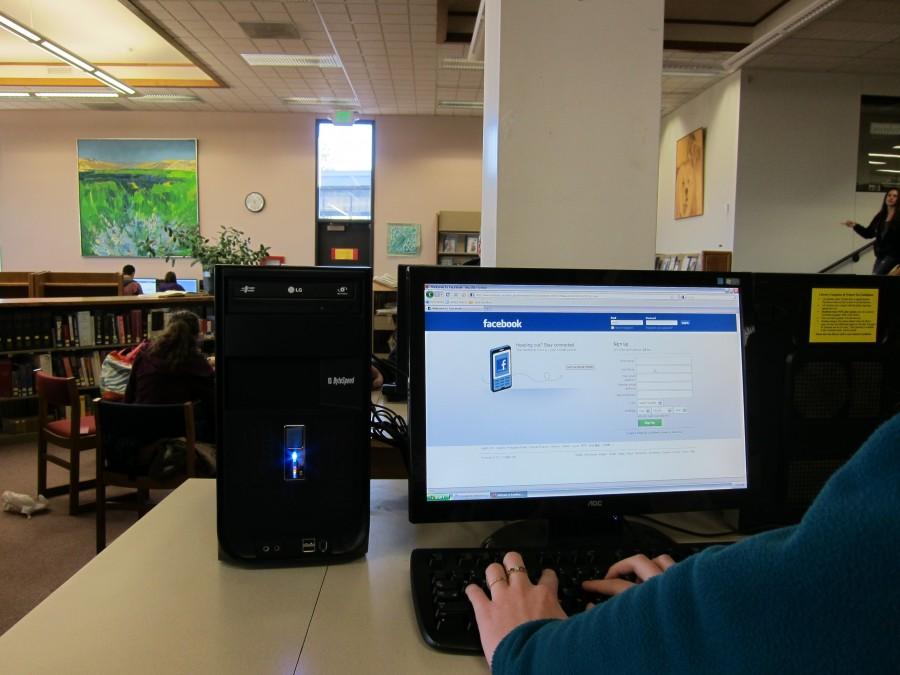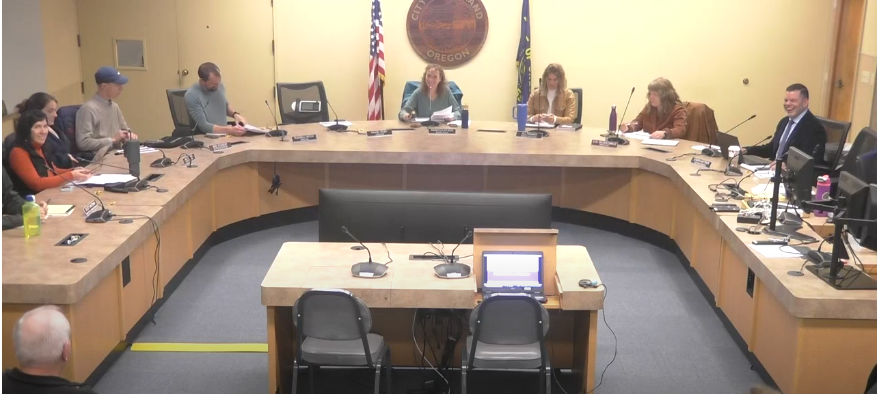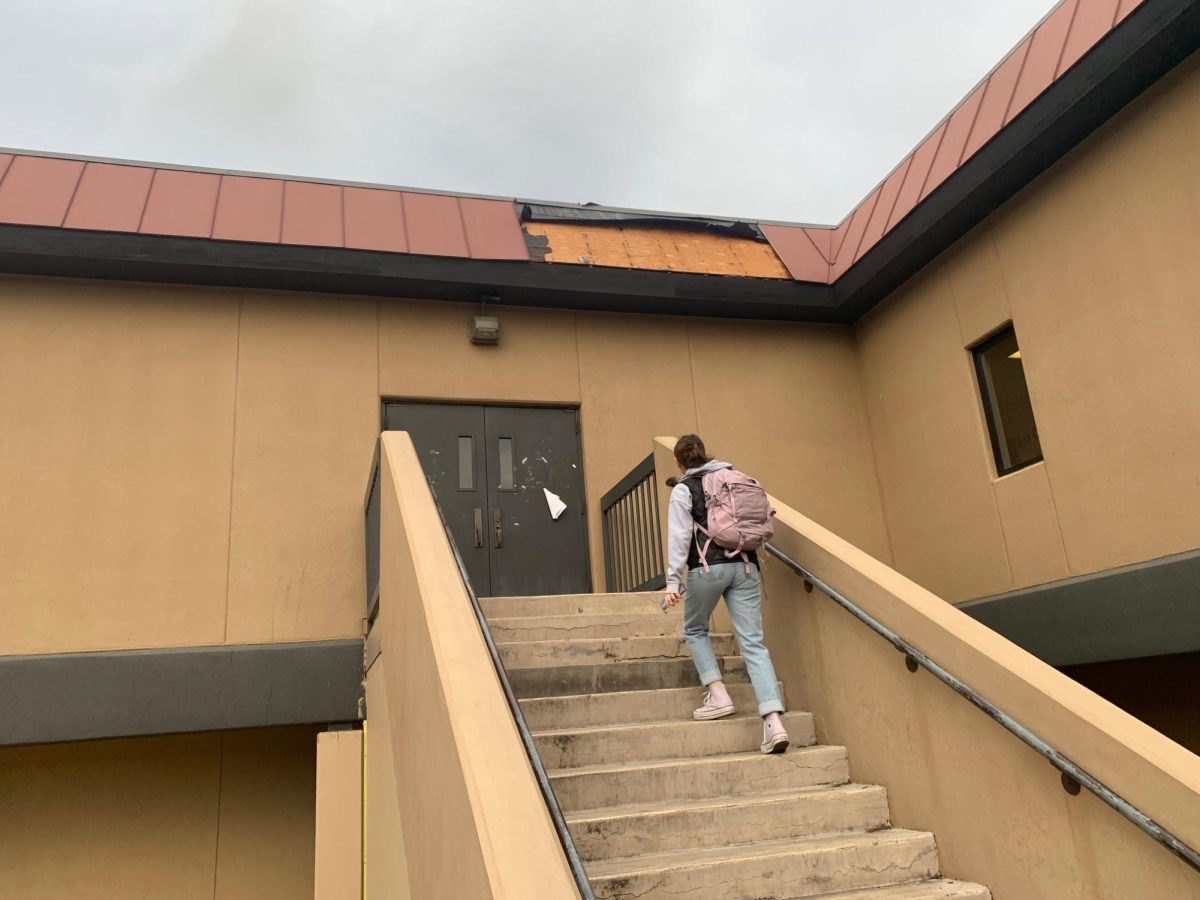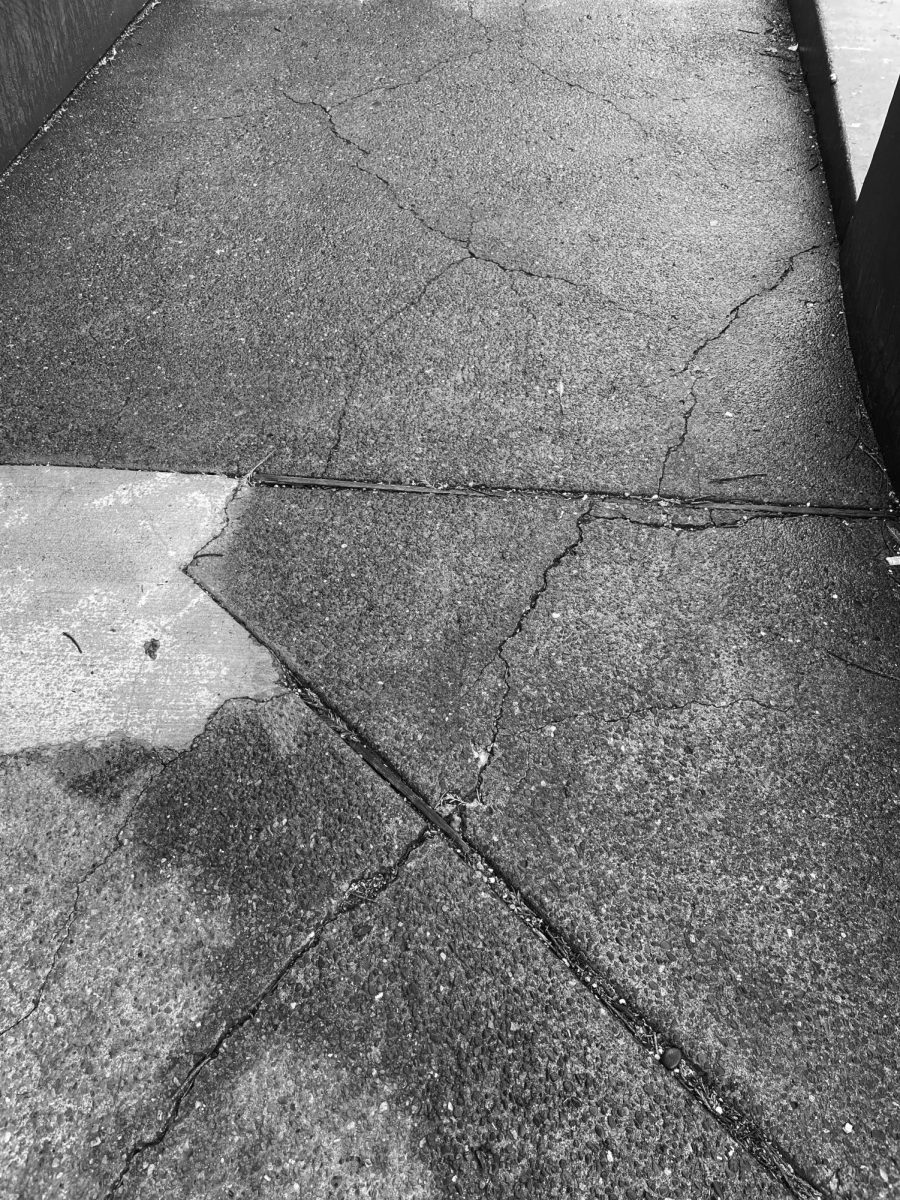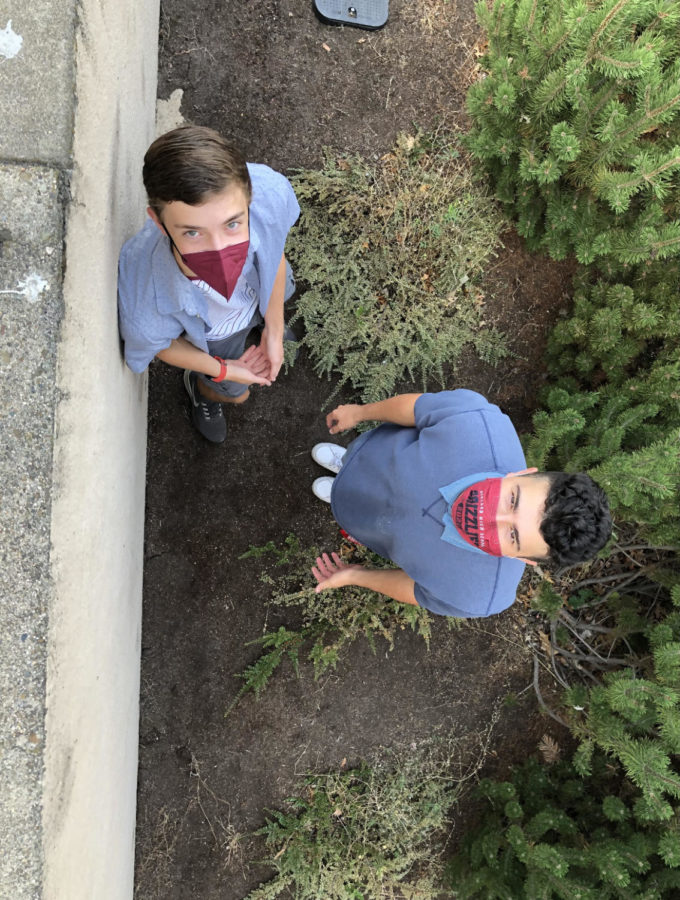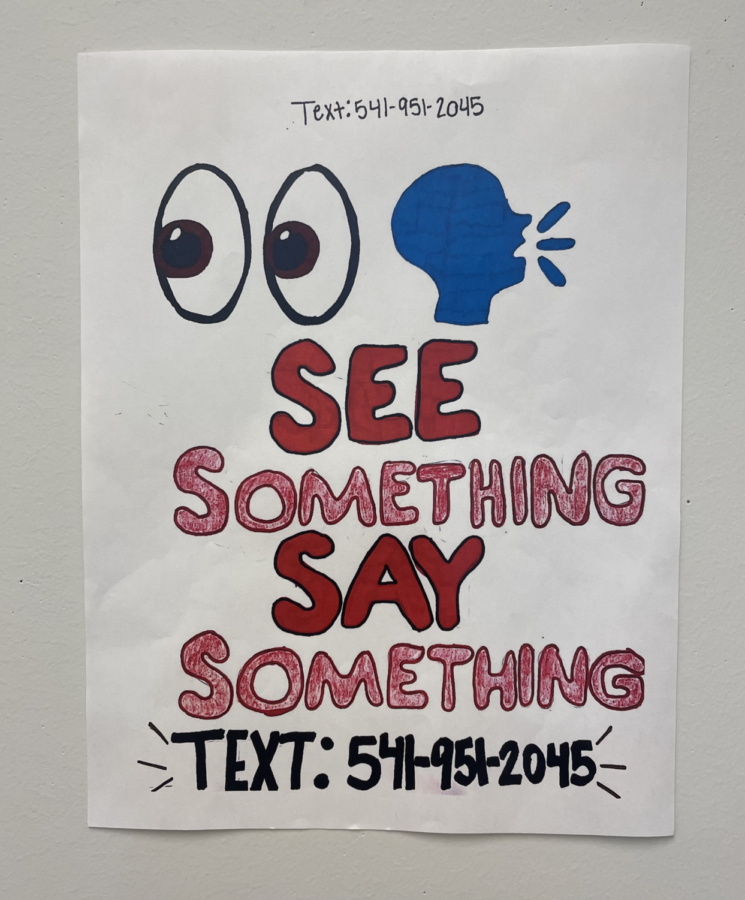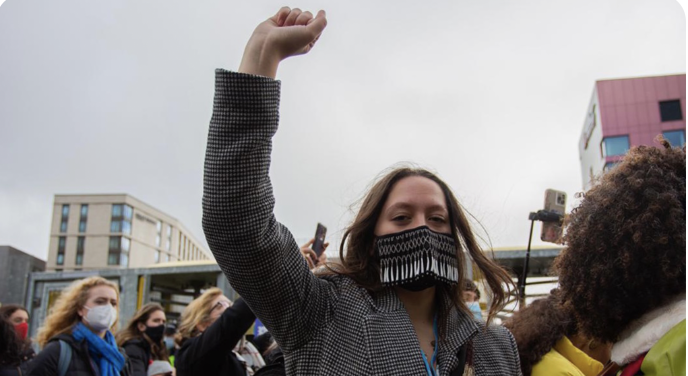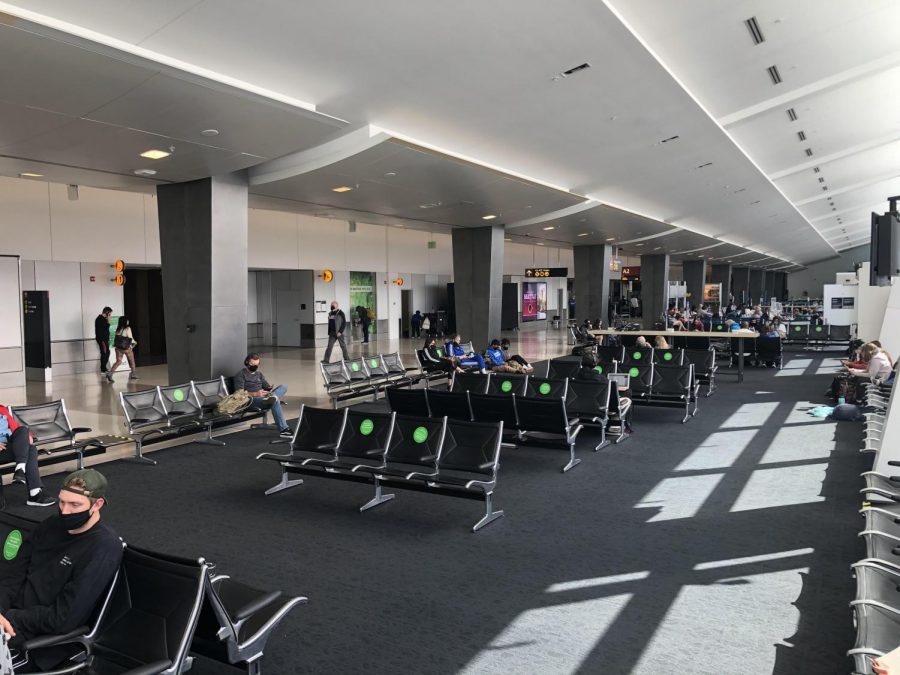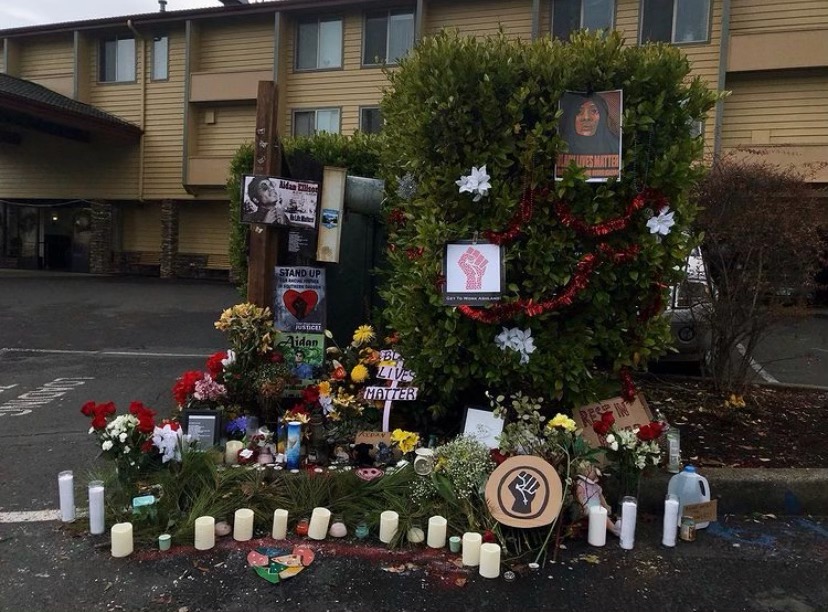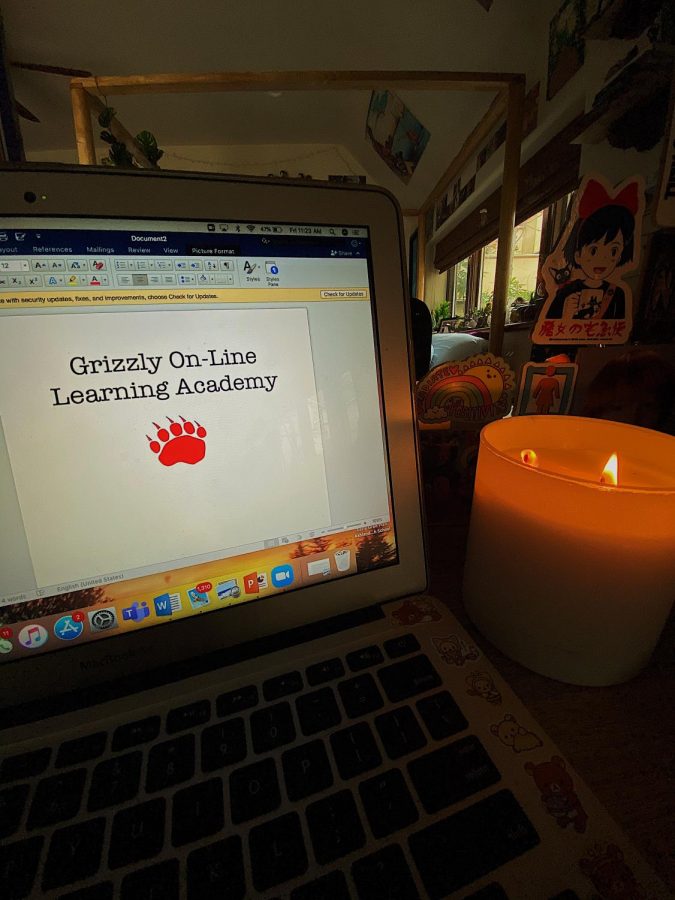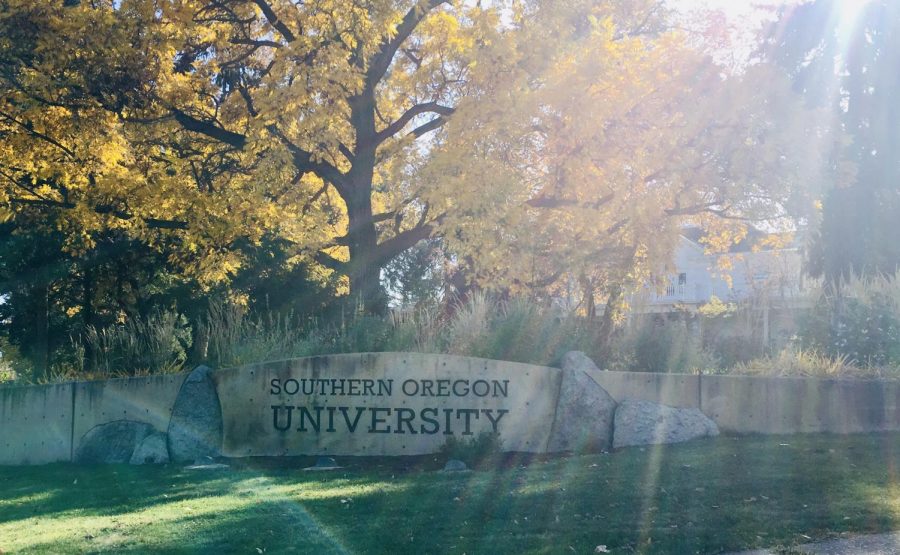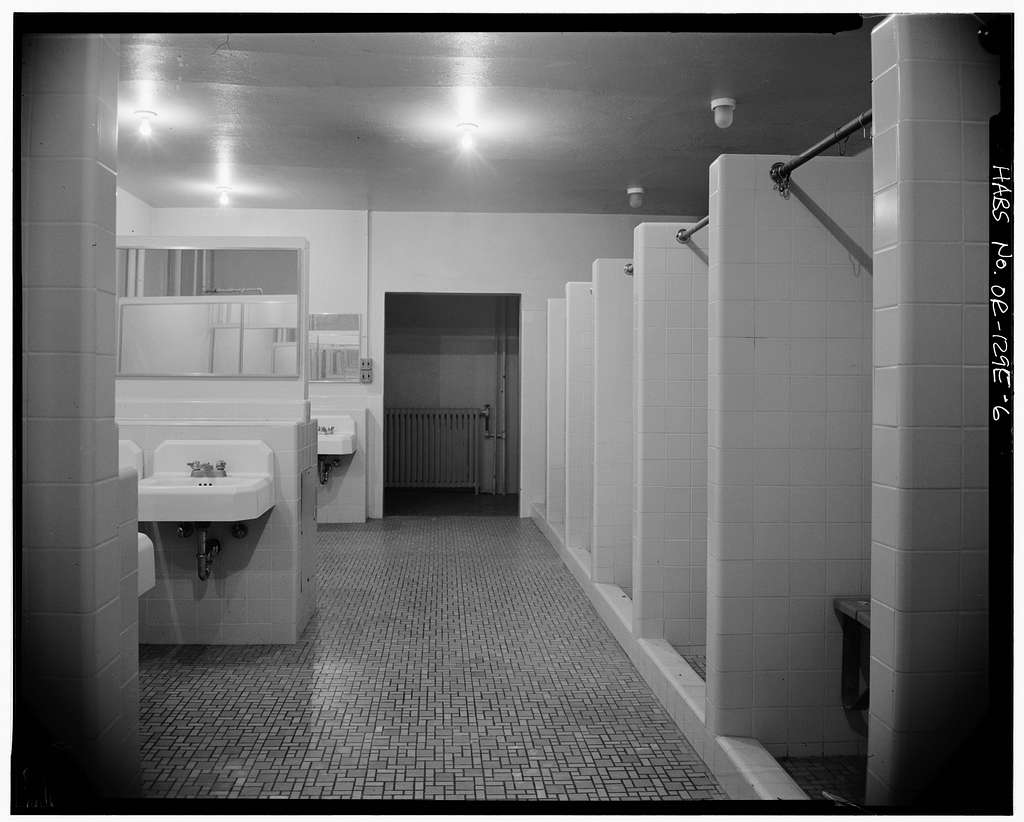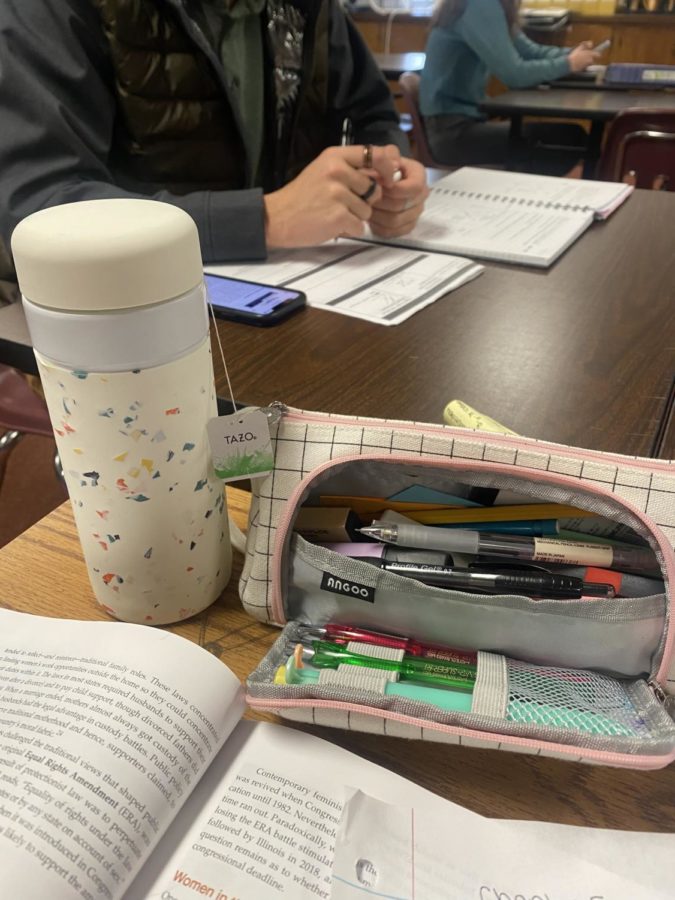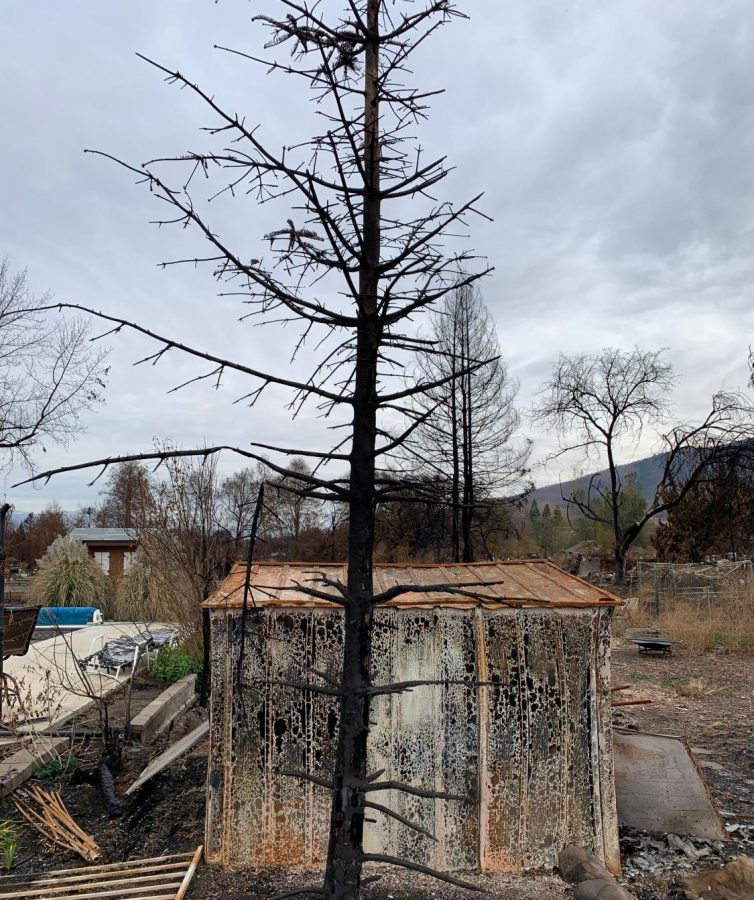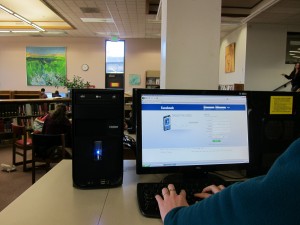 Facebook was a revolution in the social networking world, the way we live our day-to-day lives and how we interact with each other. A life without Facebook is hard to imagine for those who have a profile with the network, and even those who don’t have their own Facebook page know its importance. “It has both positive and negative effects,” AHS sophomore Angelique Brownlie said. “It helps rumors spread faster, but the good things are spread as well.”
Facebook was a revolution in the social networking world, the way we live our day-to-day lives and how we interact with each other. A life without Facebook is hard to imagine for those who have a profile with the network, and even those who don’t have their own Facebook page know its importance. “It has both positive and negative effects,” AHS sophomore Angelique Brownlie said. “It helps rumors spread faster, but the good things are spread as well.”
This semester at Ashland High School, students are having to reevaluate their “study” versus “chat” time during school hours. But first, a little background.
The Facebook phenomenon started in Cambridge, Massachusetts in the dorm room of Harvard sophomore, Mark Zuckerberg in 2004. At first, the website was as elitist as the college where it was founded, as the original website (which was called thefacebook.com until “the” was dropped in 2005) only let those with a Harvard email make a profile. The Facebook honor was then given to Stanford, Colombia, and Yale in January 2004; other Ivy League schools, and eventually most colleges in the United States and Canada were included in the online community.
In 2005, Facebook took the next step to include high schools and the employees of select businesses. However, those networks needed an invitation to join. Today, as it has been since September 26, 2006, all a person needs is a valid email address and to be at least thirteen years old.
Today, with a surveyed 43% of US citizens active on the site, with no doubt teens being a majority, many high schools have blocked the website completely.
“I was in a room of probably 250 people [at a conference in Eugene about high school legal issues], and the presenter ![]() said, ‘How many of you guys have not blocked Facebook at your school?’ And me and about four other people raised their hand.” Dean of Students, Glenna Stiles, said.
said, ‘How many of you guys have not blocked Facebook at your school?’ And me and about four other people raised their hand.” Dean of Students, Glenna Stiles, said.
Ashland is still holding out, but restrictions are being put in place at the beginning of second semester. Don’t fret though, Facebook is not being banned.
The new policy is simple, all you have to do is think of Facebook as a cellphone-it can’t be used during class time. Any other time, like before school, after school and between classes, it’s perfectly okay to use. If you are caught on Facebook, the penalties go like this: one offense, a gently warning; second offense, detention and call to a parent; third offense, the student will be suspended. “I suspend two, maybe three, students a year for cell phone violations. Hopefully, it will be the same with Facebook,” Stiles commented.
So what’s the big deal about Facebook at school?
“It’s more of an academic issue,” Stiles said. “We want to make sure that they are doing the best they can in school, and if they are blowing off their homework and checking out their Facebook, that’s not really happening.”
AHS is part of an ever diminishing minority, so why would they simply not ban Facebook?
The AHS staff decided that banning Facebook could become an equity problem. Facebook is not just accessed on computers anymore, phones can as well. So, the kids who have these phones would be able to access it, while other students could not. Also, they realize that it is a useful communication tool. AHS is pro-technology, as you can see by the students’ avid use of Grizznet and Powerschool. “We want to make sure that kids use technology appropriately,” Stiles finished.
So, next time you go to update your status in study skills, think again: don’t you have to review some isotopes? Solve some matrices? Soak up some Shakespearean literature? The answer is yes, yes you do. And thanks to the new Facebook policy, you have to.

